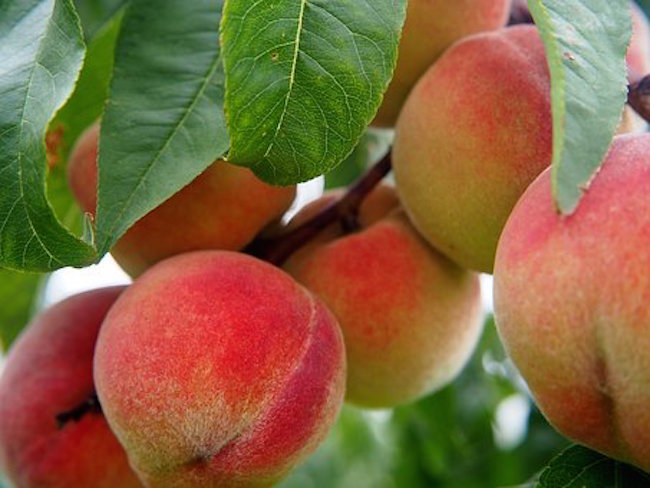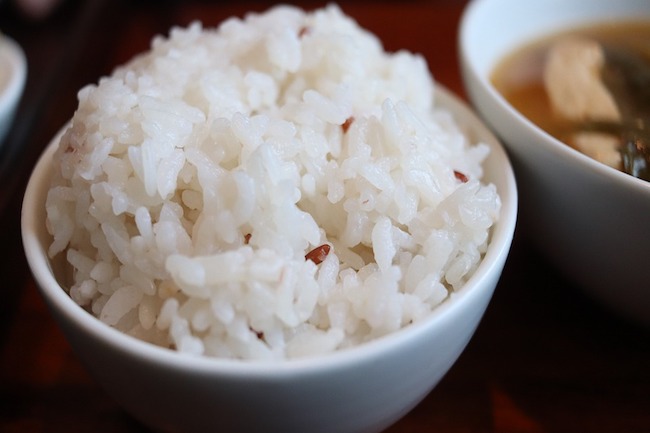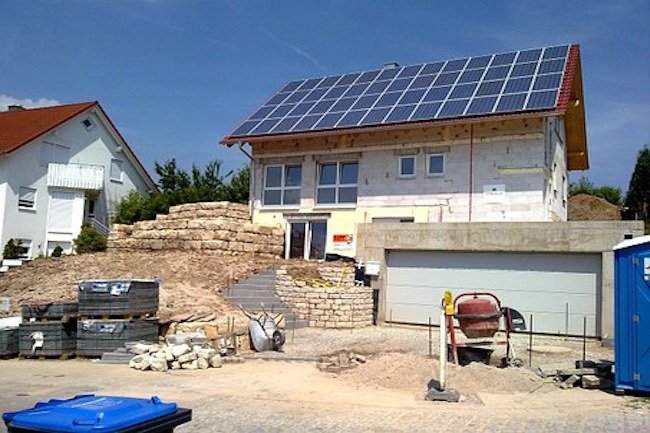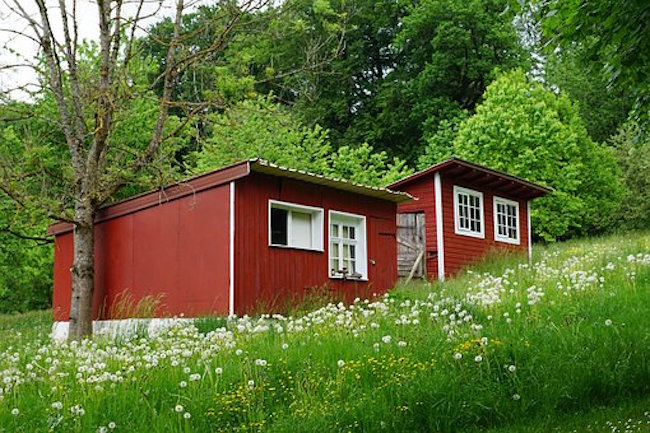Fruits and Vegetables You Can Grow in Your Own Garden By Sherri Parker for SurvivoPedia
Gardening doesn’t come naturally to everyone and maybe downright intimidating to some. But the ability to feed yourself and your family when SHTF is paramount, so find your inner green thumb and start digging.
Please keep it simple and focus on fruits and vegetables that are easy to grow, cook, or eat raw without sacrificing the essential nutrients.
Leafy Vegetables
Dark leafy green vegetables are among the easiest to grow and the most nutritious. They’re chock full of vitamins and antioxidants, plus fiber, iron, and calcium, and you can grow as many of these plants as possible to feed your family the recommended two cups each day.
- Collard Greens: Preferring cooler weather, collards are a variety of cabbage that grows best in rich, well-drained soil and full sun. The leaves can be bitter if eaten raw, so you’ll probably want to cook them. Eating this healthy plant helps lower our risk of cancer.
- Kale: If you’re looking for a cold-hardy green with a unique taste, give kale a try. Cooler temperatures take away some of its bitterness and give it a sweeter taste. Kale grows quickly and needs a lot of sunshine and up to 1 ½ inches of water each week.
- Swiss Chard: This green member of the beet family does well in cool and warm weather and grows in full sun and light shade. Swiss chard is biennial, having a two-year life cycle, and grows quickly. It’s resilient and is not usually bothered by insects or diseases. Once harvested, Swiss chard can be frozen for up to a year.
Beans & Legumes
You may not have access to meat when disaster strikes, but you’ll still need protein. That’s where beans and legumes come in. These unique plants add nutrients to the soil (in the form of nitrogen) and add high-quality protein to your diet.
Continue Reading / SurvivoPedia >>>




